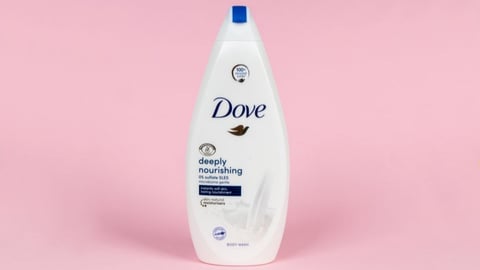How General Mills Is Readying For Generative AI-Fueled Misinformation
General Mills is testing artificial intelligence to combat misinformation within its marketing campaigns, a growing imperative for the consumer goods company given the rapid ascent of generative AI.
Generative AI tools like DALL-E and ChatGPT, which enable nearly anyone with an Internet connection to quickly develop images and text, pose risks for brands given their ability to contribute to creating and spreading false information. Within the next two years, 70% of enterprise CMOs are also expected to identify accountability for ethical AI in marketing as one of their top concerns, according to Gartner.
Initially applied to live campaigns for its Yoplait brand in the first quarter of this year, General Mills teamed with martech provider Zefr, which marries AI with global fact-checkers from the International Fact Checking Network (IFCN), Lisa Roebuck, media director at General Mills, tells CGT. Zefr pays particular emphasis on protecting brand and social responsibility values on walled garden platforms like Meta and TikTok.
The fact-checks serve as training data for a discriminative AI system to score every video or marketing post based on whether the video, image, audio, or text may contain misinformation, and the data is used for pre-bid blocking or ongoing campaign monitoring and flagging.
Through piloting a pre-bid exclusion approach to block problematic content on campaigns, General Mills has been able to avoid misinformation before a bid is placed, says Roebuck, and they hope to expand it to the full portfolio.
“The hope is that more measurement data will be possible, to understand percentage blocked, avoided, and measured as we scale out our measurement going forward with [Zefr],” she says.
Expected benefits by General Mills include being able to ensure ad adjacency on walled gardens is being served against brand-suitable content. What’s more, they can avoid misinformation from the beginning and ensure ad dollars aren’t inadvertently being funneled to bad actors, notes Roebuck.
“As generative AI and synthetic media scales on social platforms, technology solutions like this are put in place to help scale out General Mills’ fight against this content.”
General Mills, which is the No. 28 publicly owned consumer goods company, expects to extend the partnership as the tech is scaled across additional platforms and formats. It will also include custom misinformation research for brands, such as the misinformation consumers are sharing about products.
“The challenges facing marketers today will only get more complex and relentlessly heightened in an era of generative AI,” stresses Roebuck. “And, more broadly than marketing, as AI tech continues to advance, generative AI will play an increasingly important role in the food industry at large, and General Mills wants to be among the companies at the forefront of this trend.”










